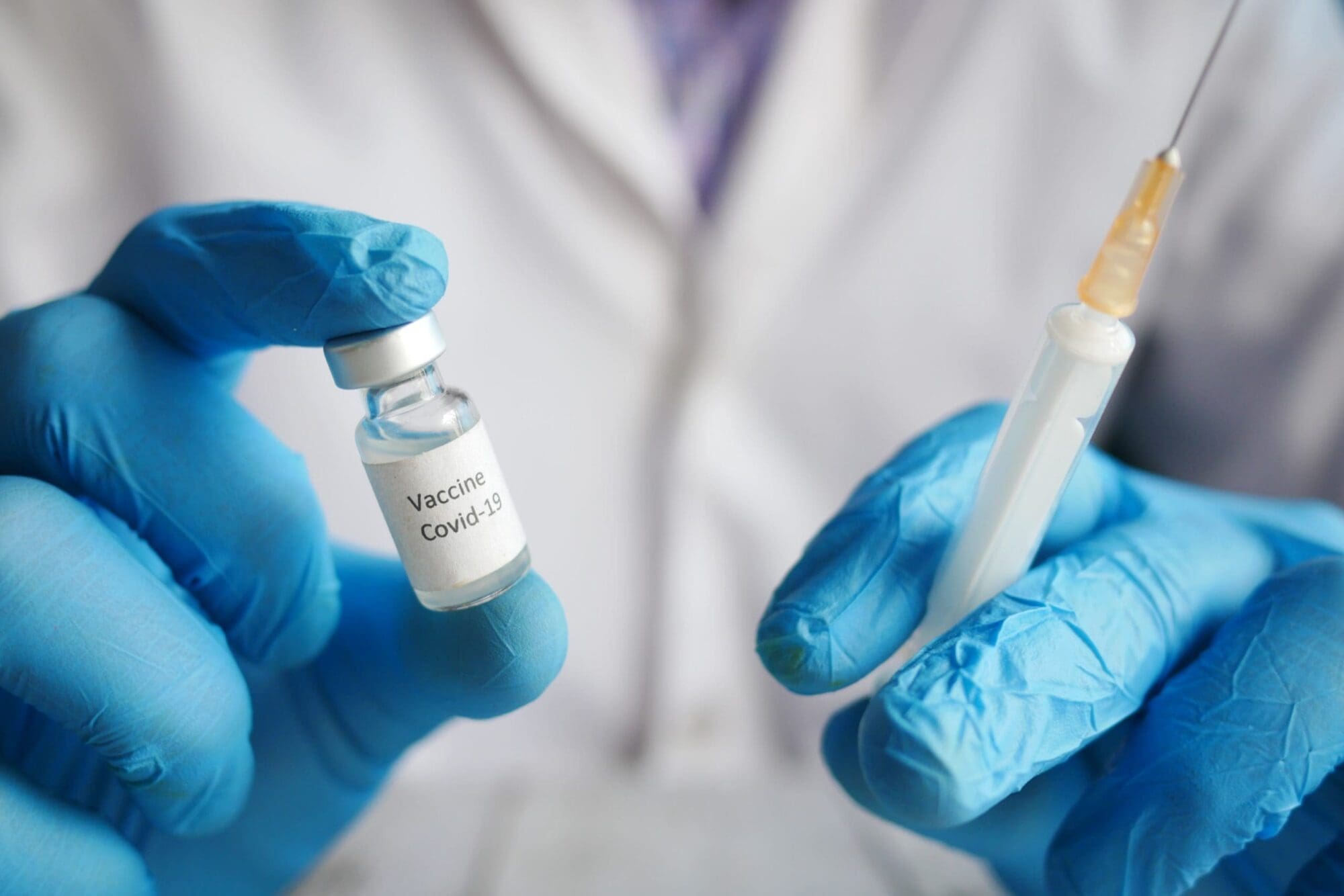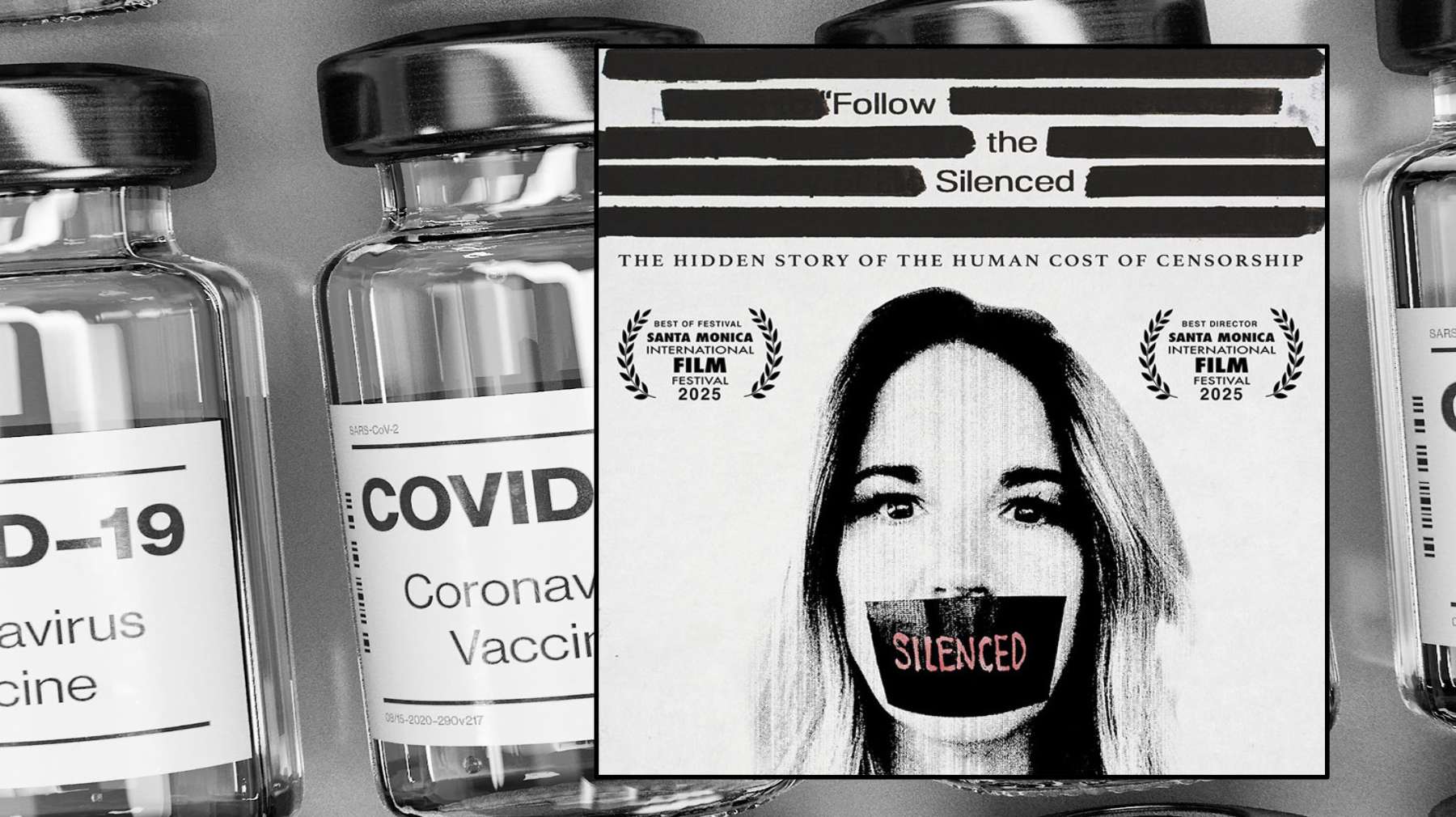As the third legislative special session kicked off, the Senate Committee on Health & Human Services heard citizen testimony on a measure to ban all employers from mandating COVID-19 vaccines for their employees.
Senate Bill 7 by State Sen. Mayes Middleton (R-Galveston) would prohibit employers from “adopt[ing] or enforc[ing] a mandate requiring an employee, contractor, applicant for employment, or applicant for a contract position to be vaccinated against COVID-19 as a condition of employment or a contract position.”
The measure authorizes the attorney general to bring an action for injunctive relief against the employer if the measure is violated. It also allows a civil penalty for the employer of up to $1,000.
State Sen. Bob Hall (R-Edgewood) raised the point that the measure only protects citizens from COVID-19 vaccine mandates and does not protect against potential vaccine mandates for other viruses in the future.
He advised the committee to “put some teeth into it to protect people moving forward.”
“Where there is risk there must be choice,” Carolyn Lux, a retired nurse, testified before the committee
“SB 7 is a step in assuring medical freedom to choose what goes into our body without coercion from outside forces,” said Lux. “It is my educated opinion that no vaccine should be mandated—least of all the experimental COVID-19 mRNA injection.”
One father, Shawm Siegel, testified to his son’s COVID-19 vaccine injury.
My son began experiencing tremors just a few days after the shot he got in 2021 to maintain employment. They’re internal, they run from his neck down through his shoulder into his chest and have been confirmed by a neurologist to be a result of the jab. It took him a troublesome two years to figure out how to sleep. He sleeps standing up, virtually vertical. Otherwise, he can’t sleep. No one should be coerced into getting a shot that unpredictably can leave you severely debilitated or worse. And I can think of no more coercive [way] of soliciting consent than the threat of being fired from your job, of losing the income that supports you and your family.
“Certainly being asked to choose between your right to decide which medical procedures you undergo on one hand and your livelihood on the other is the antithesis of freedom,” testified Michelle Evans, Political Director of Texans for Vaccine Choice. “And contrary to popular belief, Texans are still being faced with such a daunting decision.”
Dr. Jimmy Widmer, on behalf of the Texas Medical Association, Texas Pediatric Society, and Texas Chapter of the American College of Physicians, opposed the measure on the grounds that it does not allow for “reasonable exceptions for patient safety.”
“Doctors’ offices in Texas should have the freedom to set their own vaccination policies in alignment with the best interests of the patients we serve and balanced with the medical and conscious needs of our employees and contractors,” said Widmer.
“Unless there’s some standard, or there’s some definition of who gets to make that decision [on an exemption] that is worthless, absolutely worthless to say,” rebutted Hall.
Although Widmer sought to carve out an exception for healthcare facilities to dictate their own policies, he was ultimately unsuccessful in convincing the majority of the committee.
“The HHS Committee thankfully voted to move SB7 to the Senate floor without substitutions,” Evans told Texas Scorecard. “TFVC is grateful for the swift and decisive action being taken in the Senate only two days into the third special session.”
The committee voted 6-3 along partisan lines in favor of passing SB 7 from committee. It is expected to return to the Senate Floor for a vote on Thursday.
No ads. No paywalls. No government grants. No corporate masters.
Just real news for real Texans.
Support Texas Scorecard to keep it that way!




